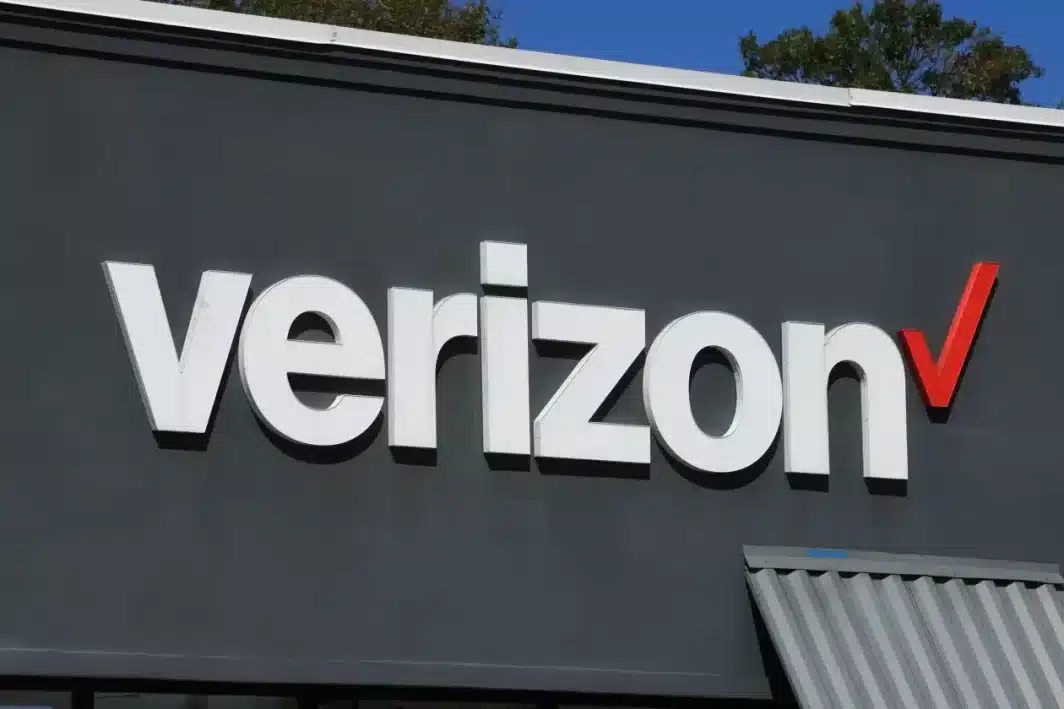Verizon’s $20 Billion Frontier Acquisition: A Bold Move to Expand Fiber-Optic Dominance

Verizon has announced plans to acquire Frontier Communications’ fiber-optic network for $20 billion, a strategic move aimed at expanding its broadband services across key markets. This acquisition underscores Verizon’s commitment to bolstering its infrastructure, particularly as the demand for high-speed internet continues to surge.
Frontier, historically known for struggling with service reliability and customer satisfaction, has been focusing on rebuilding its reputation and infrastructure. The sale of its fiber assets to Verizon marks a significant shift, potentially allowing Frontier to focus more on its core services, while Verizon capitalizes on Frontier’s existing fiber footprint to enhance its own network capabilities.
This acquisition not only highlights Verizon’s aggressive expansion strategy but also signals a potential shift in the competitive landscape of broadband services. With Verizon now poised to significantly increase its fiber network reach, the company could offer more robust and widespread internet services, further challenging rivals like AT&T and Comcast. The deal is a pivotal moment in the ongoing race to dominate the U.S. fiber-optic market, potentially reshaping consumer access to high-speed internet in underserved regions.
Verizon’s acquisition of Frontier’s assets could also bring about necessary improvements in regions where Frontier has struggled, offering customers a more reliable service. However, the success of this acquisition will ultimately depend on Verizon’s ability to integrate these assets and deliver on its promise of enhanced broadband connectivity. The move comes at a time when the importance of reliable internet access has never been more critical, and it positions Verizon to meet the growing demands of a digitally-driven world.
This acquisition highlights a broader industry trend where telecom giants are doubling down on fiber networks to future-proof their services and meet the insatiable demand for bandwidth-intensive applications, streaming services, and the ever-expanding Internet of Things (IoT). The $20 billion deal reflects both the value of fiber networks in today’s digital economy and the fierce competition among providers to deliver the fastest and most reliable internet services.
As Verizon integrates Frontier’s assets, the industry will be watching closely to see how this acquisition influences market dynamics and whether it translates into better service for consumers, particularly in rural and underserved areas where Frontier’s presence has been significant.
